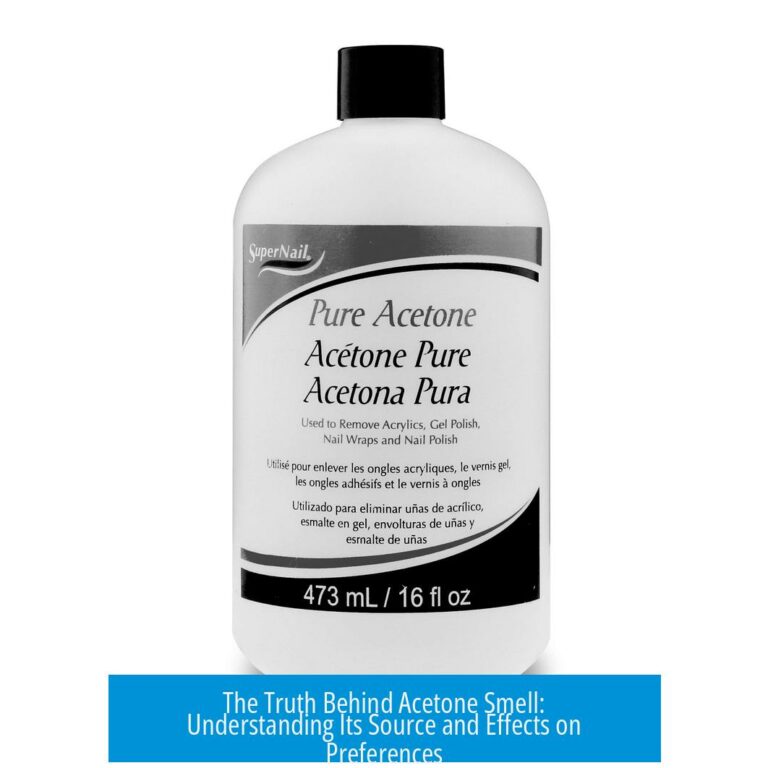Why Is It So Hard to Find Dicyanin A Dye?

Finding Dicyanin A dye is challenging due to legal restrictions, safety concerns, and scarce commercial availability. Enthusiasts and researchers often experience frustration after extensive searching yields no reliable sources for purchasing the compound.
Limited Market Availability
Dicyanin A appears occasionally on commercial platforms like Fisher Scientific or eBay. However, official sellers sometimes do not list prices, creating uncertainty. Meanwhile, secondhand sources on marketplaces raise questions on authenticity and quality. This inconsistent availability complicates procurement efforts.
Legal and Safety Barriers

Originally patented in the early 20th century, Dicyanin A’s patent expired long ago. Despite this, manufacturing and selling products containing this compound is typically illegal. The substance’s high toxicity, especially related to dimethylfi-ethoxyquinoline, makes regulation strict. Legal constraints explain why many vendors avoid stocking it.
Personal Attempts to Overcome Scarcity
Due to difficulties finding genuine Dicyanin A, some researchers study its optical characteristics instead. For example, replicating the dye’s transmissivity curve through custom optics has proven effective in creating functional substitutes. This approach illustrates alternatives focused on properties rather than the exact chemical.
Collaboration and Knowledge Sharing
The scarcity of Dicyanin A has led to calls for collective research efforts. Enthusiasts seek to share synthesis methods and ingredient lists to overcome barriers. These initiatives emphasize the importance of pooling expertise while respecting safety and legal boundaries.
Summary of Key Points
- Dicyanin A is difficult to purchase due to unclear availability and authenticity issues.
- The dye is illegal to manufacture or sell because of toxicity and expired patents.
- Researchers replicate optical effects instead of sourcing the original chemical.
- Community collaboration aims to develop knowledge amid these challenges.





Leave a Comment